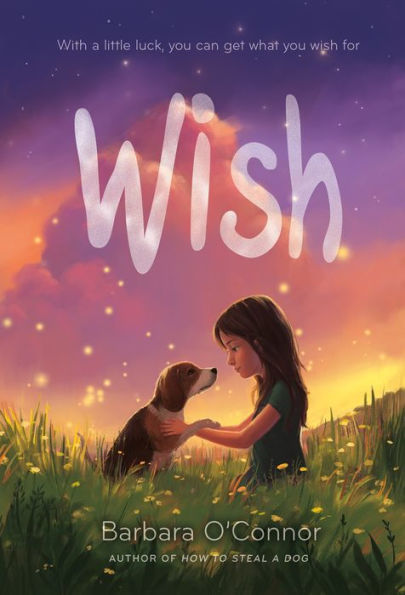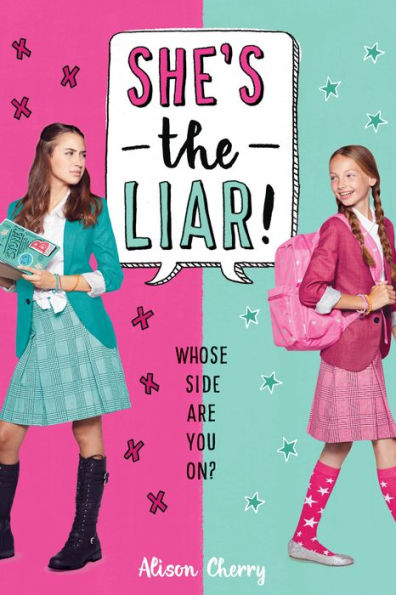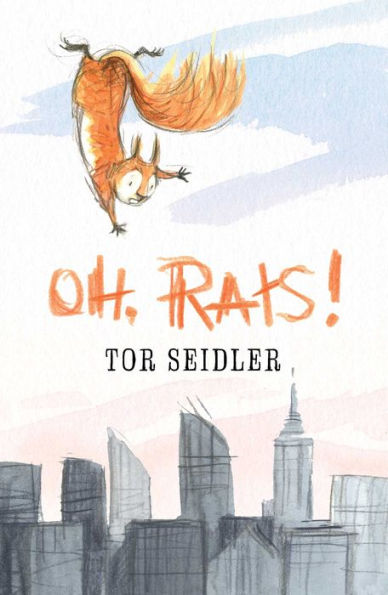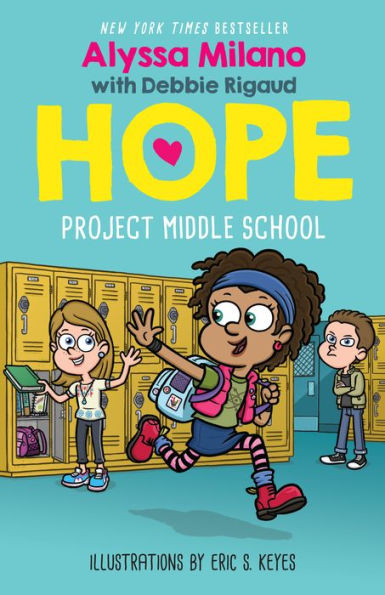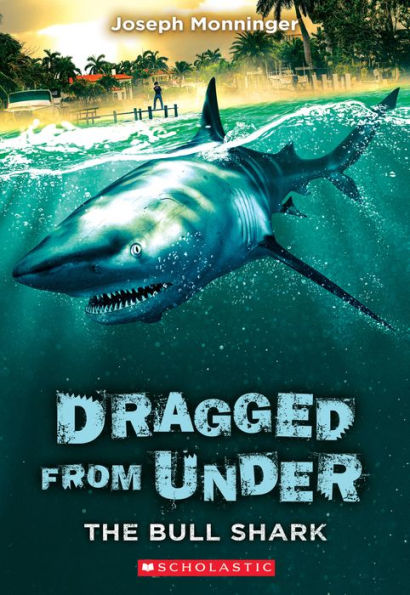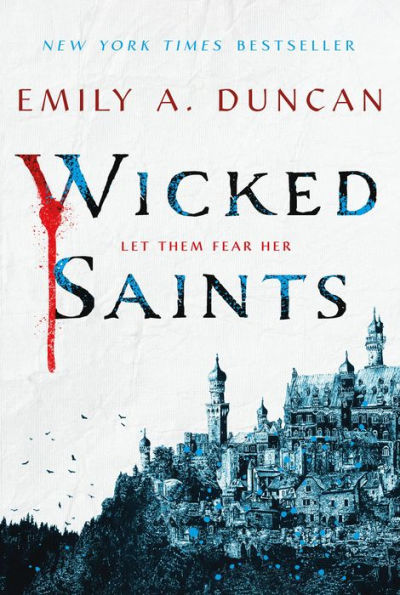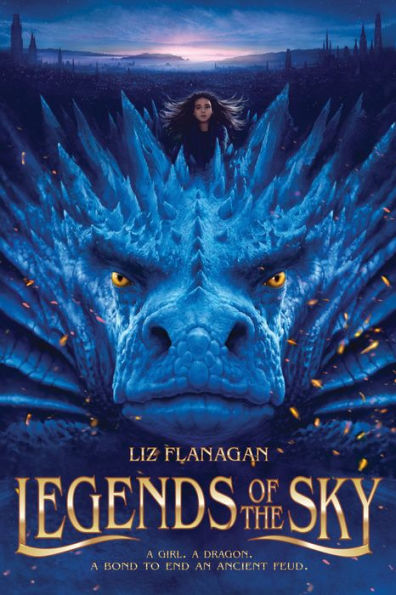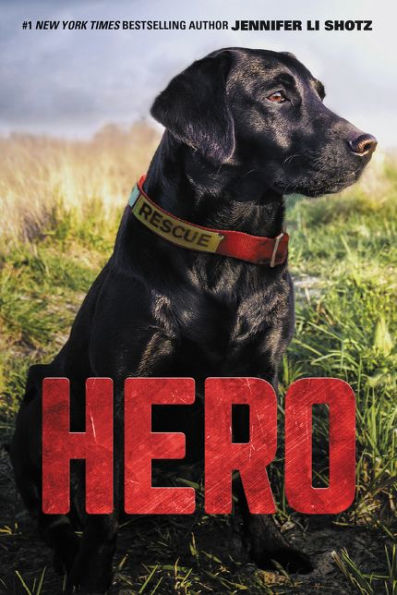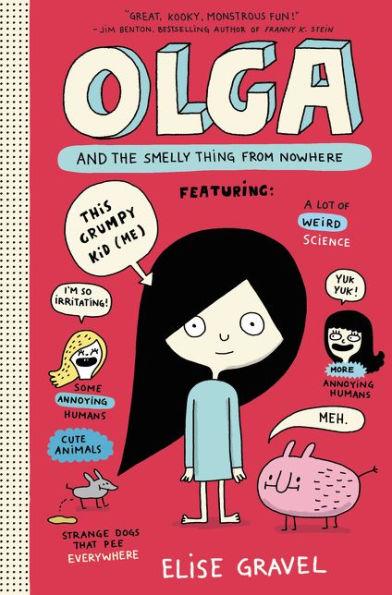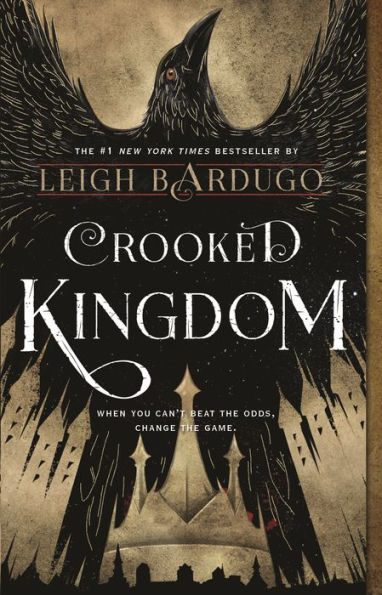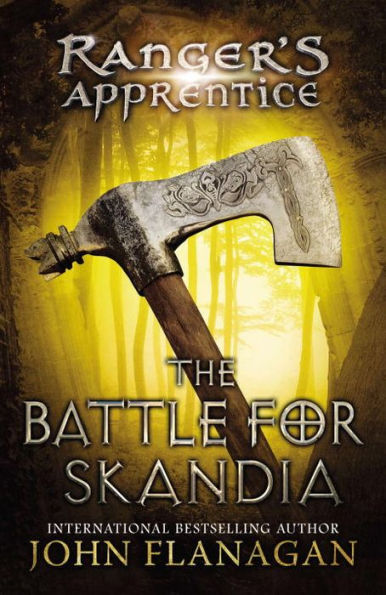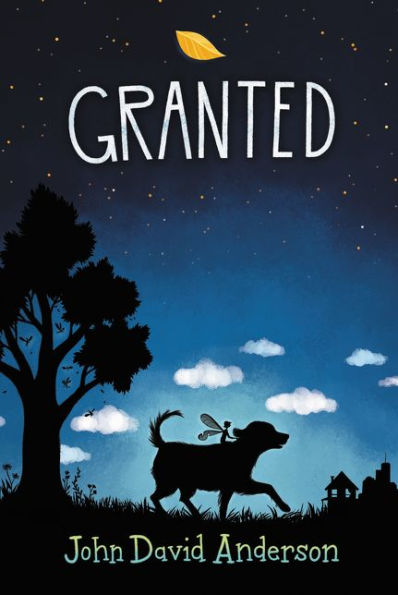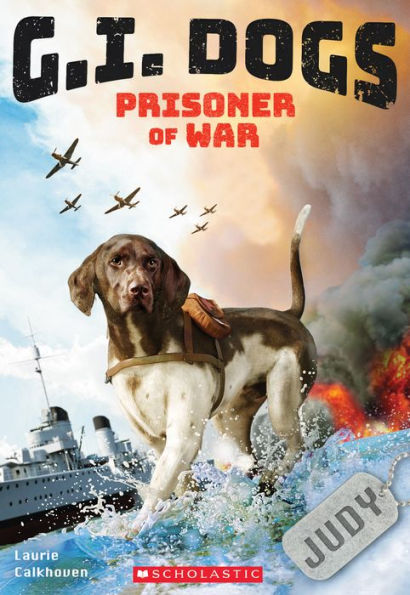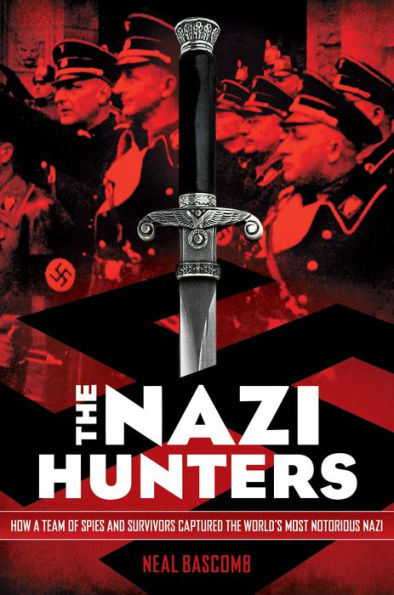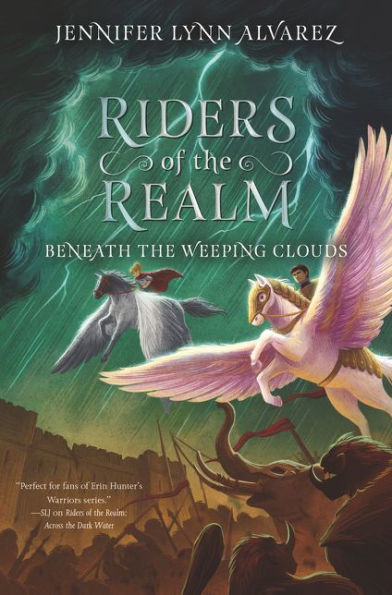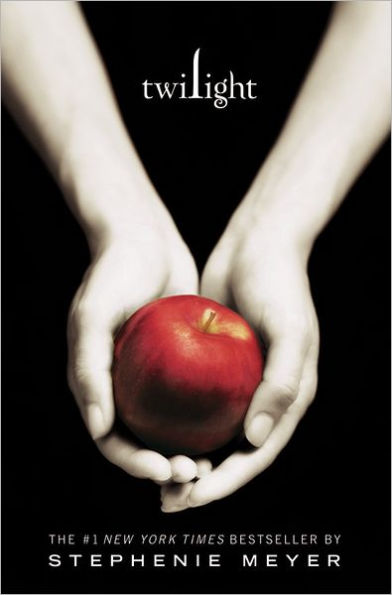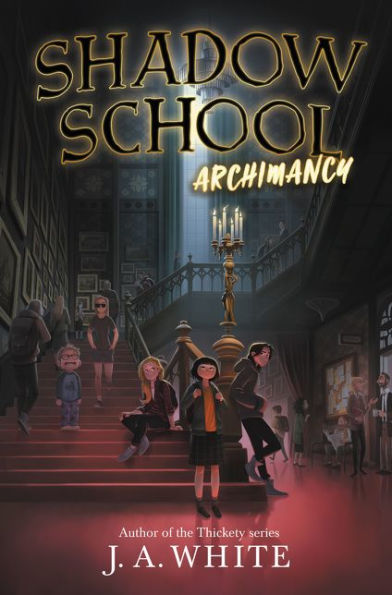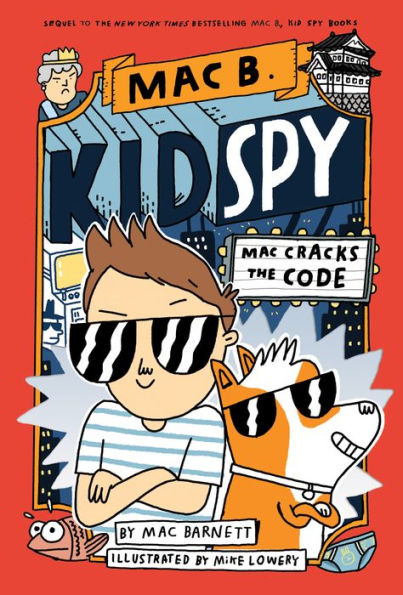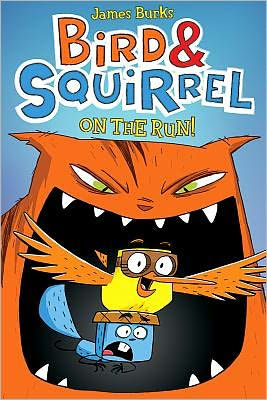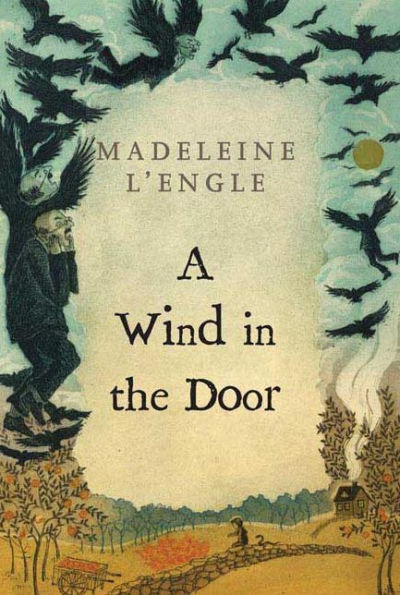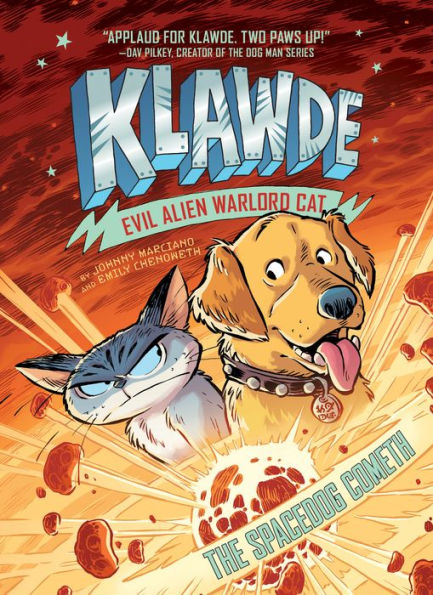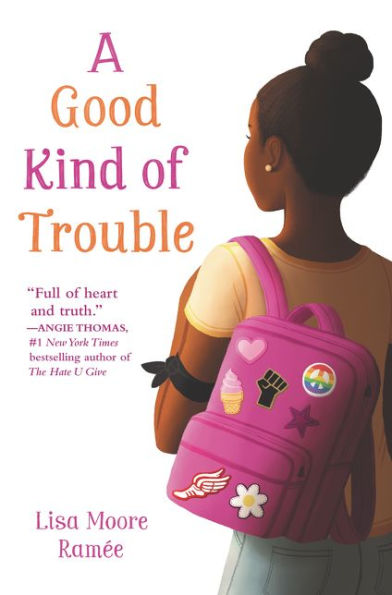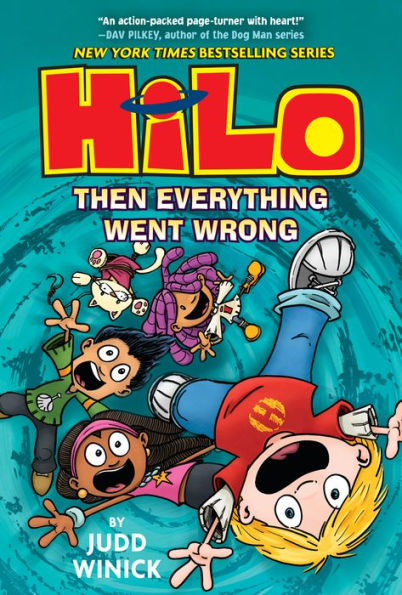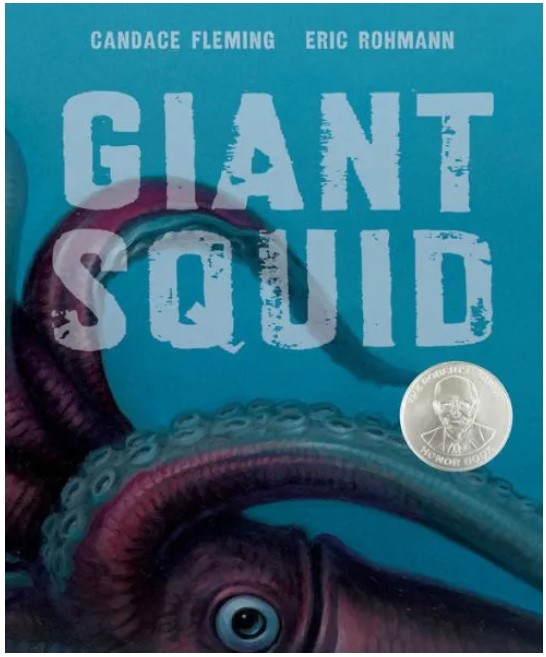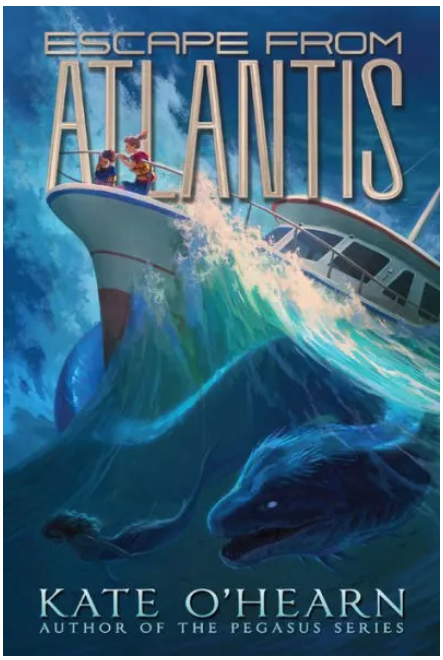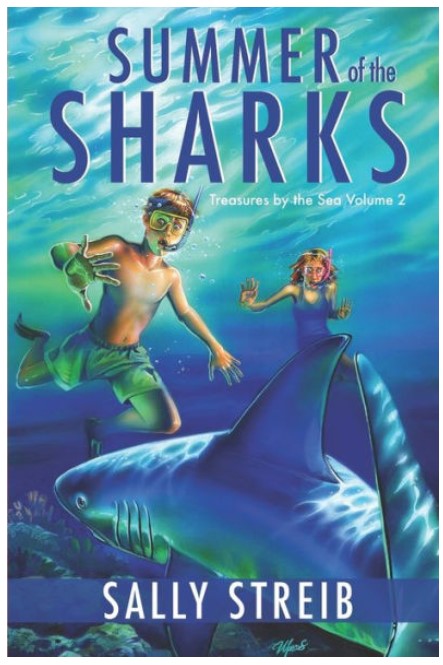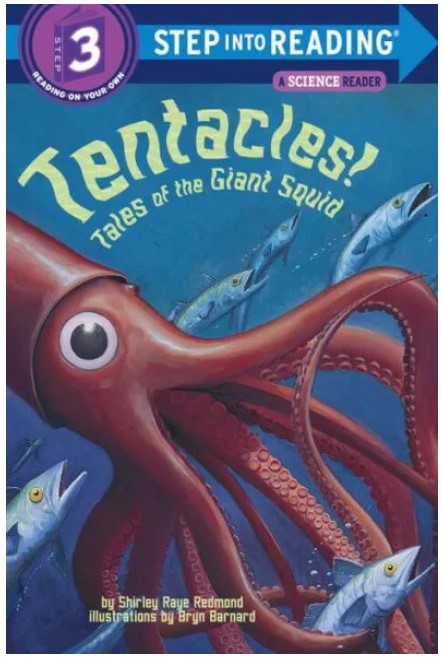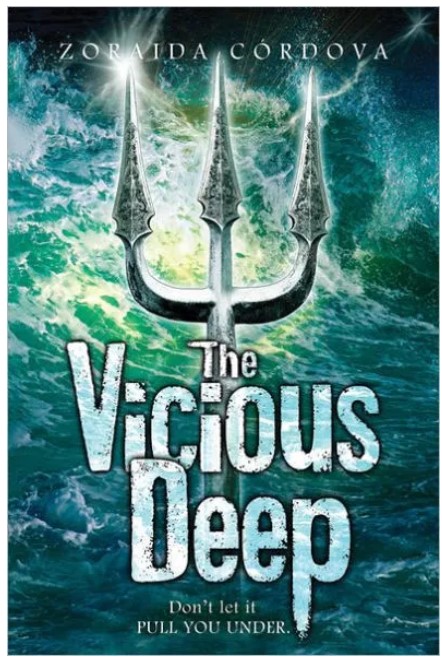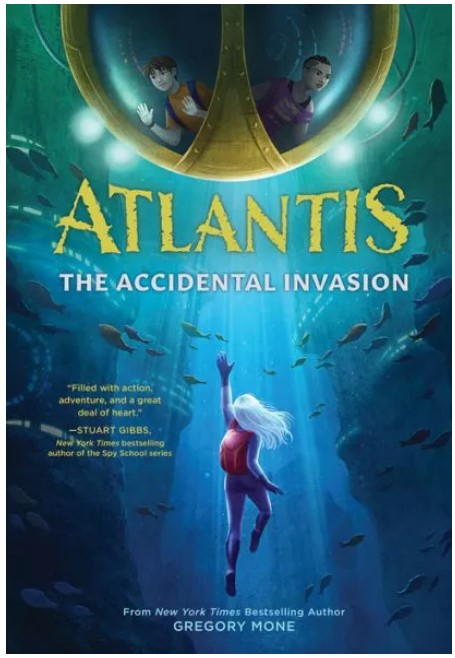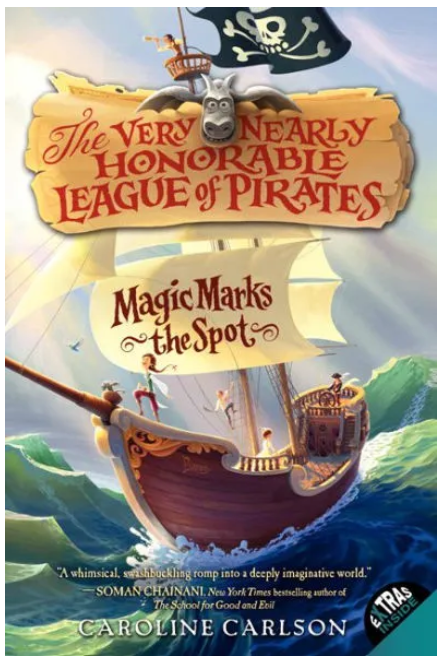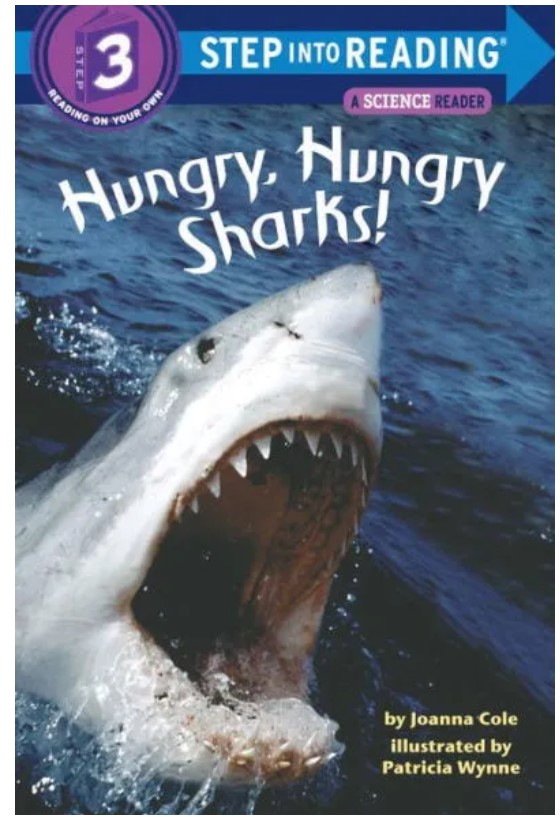Charlie has made a wish every day since fourth grade. Then, social services send Charlie to live in Colby with a family that Charlie has never met. Charlie doesn’t let that stop her from making the same wish, but now Charlie wonders if that wish will ever come true.
Charlie doesn’t get along with the “hillbilly” kids at school; however, her backpack buddy, Howard, just won’t go away. When Charlie sees a skinny stray dog, Howard promises to help her capture the dog. With Howard’s help, Charlie is able to befriend the dog who has captured her heart.
When Charlie’s sister, Jackie, comes to visit, Charlie begins to see things in a new light. Jackie points out all of the good things in Charlie’s new home. When Charlie’s social worker tells Charlie that she will soon go home to live with her mother, Charlie wonders why she isn’t excited by the news. After all, wasn’t Charlie hoping to leave Colby?
Charlie is an endearing character who desperately wants a normal family filled with love. Because of her unhappy family life, Charlie is filled with uncertainty and anger. Like many children, Charlie says things that she doesn’t mean, worries about fitting in, and dreams of a better life. Despite Charlie’s anger, Howard befriends Charlie, and she soon learns the true meaning of friendship.
Wish is a compelling story about Charlie’s struggle to understand her broken family life. Charlie’s strong voice allows the reader to understand both her anger and her confusion. Charlie is surrounded by an interesting cast of supporting characters that help her begin to heal. With the help of her foster parents, Gus and Bertha, Charlie begins to realize that possessions don’t make people blessed—love does.
Even though Wish deals with the difficulty of coming from a broken family, Charlie’s feelings are described in ways that young readers will understand. Even though the story focuses on Charlie’s internal struggle, the story contains enough action to propel the story forward. Wish is beautifully written, and each character jumps off the page.
When Charlie allows her anger to get the better of her, she is often surprised by Bertha’s kind reaction. Bertha tells Charlie, “You can’t judge people for the mistakes they make. You judge them for how they fix those mistakes.” In the end, Charlie realizes that she has a “real family,” even if it is different than a traditional two-parent household. Wish is written with compassion and insight that will help readers understand the importance of friendship and family.
Sexual Content
- None
Violence
- When a girl makes fun of Charlie’s boots, Charlie “kicked her skinny shin. Hard. The next few minutes were a blur of crying and hollering and tattling and then I found myself sitting in front of Mr. Mason, the principal.”
- Charlie tells her friend about a time when “I got sent home from kindergarten the very first day for poking some boy with a pencil.” She said she used the pointy side of the pencil.
- Bertha tells Charlie a story about when her mother was in elementary school. When a boy was being mean, Charlie’s mother “stomped over to that boy and bit him on the hand so hard he hollered like she’d cut his hand off with a butcher knife. Then ran home crying while she hollered cuss words at him.”
- When a girl accuses Charlie of lying, Charlie gets angry and “before I knew it, I was standing over her with my fists balled up and my heart beating like crazy. I felt red-hot anger settle over me like a blanket. I wanted to stomp her perfect sneakers. I wanted to yank those butterfly barrettes out of her hair.” Charlie’s friend comes over and calms her down.
- When a boy makes fun of Charlie’s friend, Charlie got angry and ran “straight at T.J., full steam ahead. I kept my arms stiff in front of me and bam! I shoved him so hard his head snapped back and he crashed face-first into the dirt. I confess I was more than a little surprised when he got right up and shoved me back, knocking me to the ground.” The vacation Bible school teacher breaks up the fight.
Drugs and Alcohol
- None
Language
- Dang and Darn are used often. For example, after Charlie kicks a girl, her friend asked her, “Dang, Charlie, why you gotta get so mad about that?”
- Heck is used once. While talking to Bertha, Charlie wonders, “What the heck kind of question was that?”
- Charlie calls her friend a “squirrel-eating hillbilly.” She also refers to the kids that live in Colby as hillbillies.
- Charlie’s friend calls her a “quitter and a baby.”
Supernatural
- None
Spiritual Content
- Charlie goes to church with Bertha and Gus. Charlie “hadn’t been to church since I was little. Scrappy [her father] never wanted any part of it, calling those people do-gooders and Bible-thumpers, but Mama took me and Jackie for a while.”
- When a snake gets into the house, Bertha stayed with a friend “for nearly a week until Gus swore on the Bible that it was gone.”
- Charlie goes to a friend’s house for dinner. “So we sat at the table and before I knew what was happening, Howard grabbed my right hand and Dwight grabbed my left and they all bowed their heads while Burl said the blessing. He thanked the Lord for nearly everything under the sun, inkling the deviled eggs on the plate in front of him.”
- When Charlie goes to dinner at a friend’s house, “everyone held hands and Dwight said the blessing and thanked the Lord for baked beans and new friends.”
- Bertha and Gus invite friends over for dinner. Before eating, everyone “held hands while Mr. Odom said the blessing. Gus and Bertha weren’t the blessing type, but I guess they did it to be nice to their company. Mr. Odom sure had a lot of stuff to be thankful for, everything from this beautiful day to those turnip greens.”
- Charlie attends vacation Bible school and learns songs.
- Charlie thinks about “those good-hearted Odoms thanking the good Lord for me at their supper table.”
